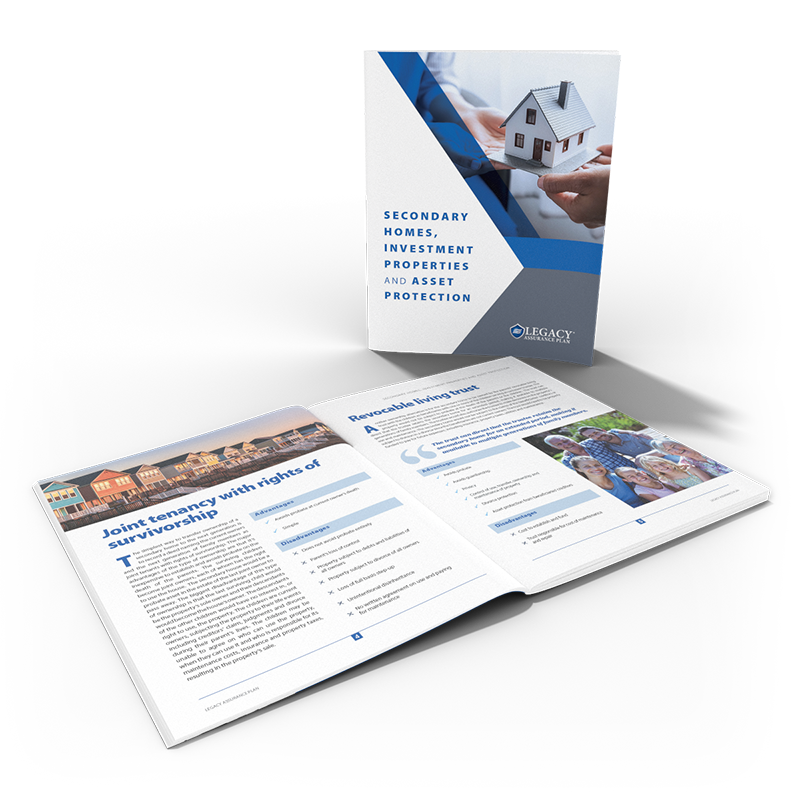Joint tenancy with rights of survivorship
The simplest way to transfer ownership of a secondary home to the next generation is to record a deed naming the current owners and the next generation of family members as joint tenants with rights of survivorship. The major advantages of the type of ownership are that it's inexpensive to establish and avoids probate on the death of the parents.



